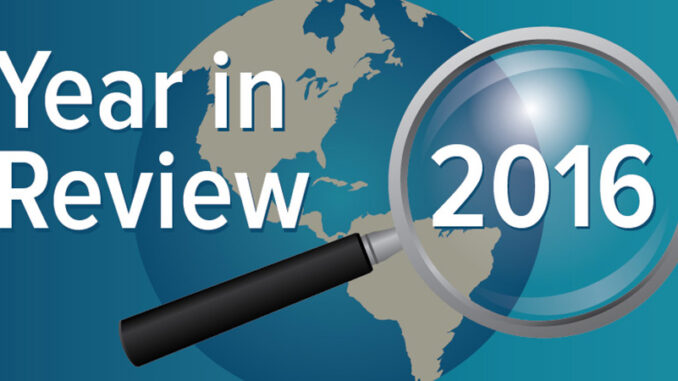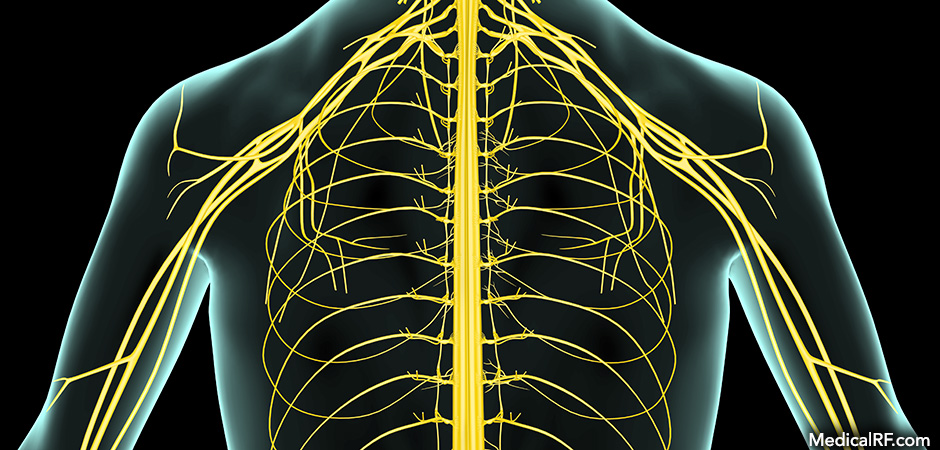

As another year winds down, btw takes a look at the advances made this year in science and technology. Here are some of the key events of 2016, from Alzheimer’s to Zika.
Space
In March, two Russian cosmonauts returned from the longest space mission ever. 2016 was a significant year for American astronauts as well: Peggy Whitson became the oldest woman in space just a few days before John Glenn, the oldest man in space, passed away at age 95.
A team of scientists discovered gravitational waves when two black holes collided, and the spacecraft Rosetta crash-landed (intentionally) on the surface of the comet it had been studying for two years. Florida’s “Space Coast” was revived in early summer, only to have the Space X rocket explode as it attempted to launch in September.
Technology
Speaking of explosions, cellphone company Samsung decided to recall and then halt production on its Galaxy 7 phones after hundreds of reports worldwide that faulty batteries caused the phones to explode and catch fire. Around the same time, the EU ruled that technology giant Apple was required to pay $14.5 in back taxes to Ireland.
Driverless cars claimed their first fatality, but this setback did not stop this year’s flood of innovative technology. We took a look at self-driving chairs and pizza-making robots, as well as plans for a “smartshoe” that will use vibrating sensors to help people find their way on foot.The FCC also released a plan to replace all cable television boxes with a cell phone app.
Health and Medicine
Some of the year’s most exciting technological advancements were in the field of health and medicine. Robot-like machines helped paralyzed patients, and for the first time ever, surgery was performed to help a paralyzed man regain control of his hand. And a 30-year-old paralyzed man was able to regain not just his ability to move his hand, but also his sense of touch.
The spread of the Zika virus was big news this year, as the World Health Organization declared it a public health emergency. We took a closer look as Zika arrived on the coast of the Florida and examined the fight against it, as Florida officials first issued safety guidelines, then introduced a plan to release genetically-altered mosquitoes into the environment to help fight the spread of the disease.
Scientists studied how your brain reacts to a digital world and whether teens learn faster than adults. They also examined the effects of “brain games” and seafood consumption on people suffering from Alzheimer’s disease and other forms of dementia.
The debate over the dangers of cell phones continued as the CDC studied links between cell phone use and exposure to radiation, with inconclusive results.
Environment
In an effort to combat the effects of climate change, many nations took steps to reduce their environmental impact. In the United States, the first offshore American wind farm was built off the coast of Rhode Island. California developed plans for an electric-powered high-speed bullet train between its major cities, and President Obama signed legislation to create the largest marine wildlife reserve in the world. Around the world, a new solar thermal plant was built in Morocco, and officials in New Delhi, the world’s most polluted city, announced plans to reduce the city’s levels of air pollution by reducing the number of cars on the road. As we move into 2017, the environment will likely play an even greater role as nations work together to find ways to protect and preserve the earth’s limited resources.
